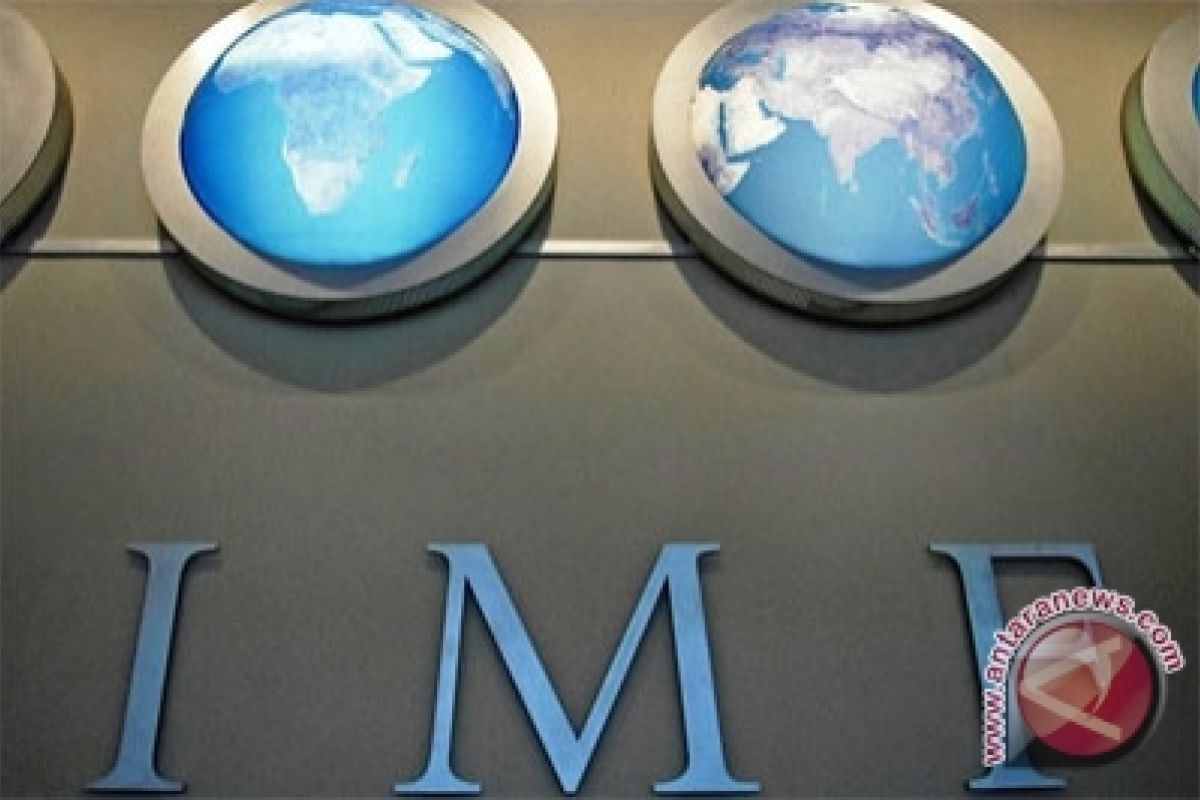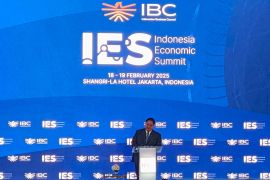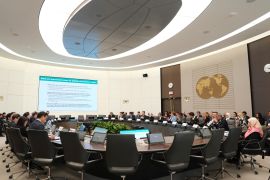"So far the oil price fluctuations do not give a negative impact to economic growth in Indonesia," IMF Senior Representative in Indonesia, Milan Zavadjil said here on Tuesday.
Milan said the oil price fluctuations that occurred at this time had a negative impact on the economic growth of countries such as Malaysia and Australia.
The volatility of oil prices has caused a decline in Australia`s economic growth of about 0.1 percent and in Malaysia`s economic growth of about 0.2 percent.
The Indonesian government said that the average crude price of Indonesia (Indonesia Crude Price / ICP) from January to March 2011 reached 104.48 US dollars per barrel while the assumption set in the state budget in 2011 was only 80 US dollars per barrel.
Milan said the oil price fluctuations did not impact negatively Indonesia`s economy, among others, because of capital inflows that entered into Indonesia which strengthened the rupiah.
"The Indonesian economy is in a healthy position and the economic growth in 2011 is expected to be above six percent," said Milan.
She said the main driver of economic growth today was an investment that began to rise while consumer spending remained strong.
IMF Managing Director Dominique Strauss-Khan, during his visit to Indonesia in early February 2011 said that Indonesia`s economy was running well despite facing the same challenge with other countries, such as food and energy price volatility.
"Globally, Indonesia`s economy is going well and I expect to grow more than six percent," said Dominique.
According to Dominique, no significant issues that could hamper the Indonesian economy to grow. 2011 budget deficit of 1.8 percent is still within reasonable levels, which will help the level of investment and development in Indonesia.
Meanwhile, on the inflation rate, Milan said the steps the Government of Indonesia took in importing rice in early 2011 was appropriate measures to curb inflation.
It was also appropriate for Bank Indonesia to tighten the monetary sector by raising the BI rate from 6.50 percent to 6.75 percent.
But the IMF has estimated that Indonesia`s inflation rate in 2011 will remain high at around 7.1 per cent while in 2012 is estimated at 5.9 percent.
(Uu.A014/HAJM/F001)
(T.SYS/A/A014/F001) 03-05-2011 16:02:42
Editor: Priyambodo RH
Copyright © ANTARA 2011












